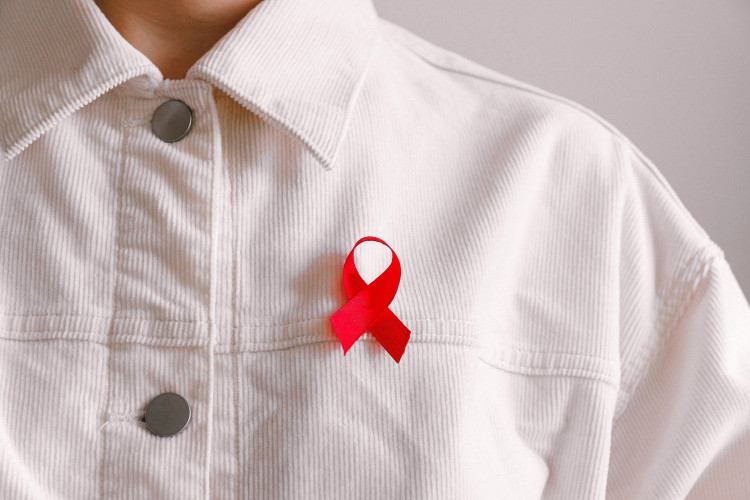The Food and Drug Administration approved the first injectable HIV pre-exposure prophylaxis therapy on Monday (PrEP).
Apretude is authorized for adults and teens who are at least 77 pounds and are at risk of contracting HIV through intercourse. It's given first as two shots a month apart, then every two months after that.
Previously, PrEP was only accessible as pills: Truvada and Descovy.
Apretude is a crucial tool in the quest to stop the epidemic, according to Debra Birnkrant, head of the FDA's Center for Drug Evaluation and Research's Division of Antivirals, who said in a statement that it provides the first option to prevent HIV that does not need taking a daily tablet.
In 2019, the most recent year for which official statistics are available, an estimated 34,800 new HIV cases were diagnosed. This compares to 37,800 in 2015. According to data from the Centers for Disease Control and Prevention, PrEP was advised for nearly 1.2 million people in 2020, but barely a quarter received a prescription.
The FDA said two double-blind clinical trials comparing Apretude against Truvada indicated that patients who received the injection had a considerably decreased HIV risk. In the first trial, HIV-negative cisgender men and transgender women who had sex with men were at a 69% reduced risk, and in the second trial, cisgender women were at a 90% lower risk.
Apretude was also shown to be more likely than Truvada to produce injection site responses, headache, fatigue, back discomfort, myalgia, and rash, according to research.
Apretude is exclusively for persons who test negative for HIV immediately before taking the medicine and before each injection because of the risk of treatment-resistant HIV variations. Hypersensitivity responses, liver damage, and depression disorders are all included on the label.
The CDC updated its guidelines this month, earlier in December, in the hopes that these discussions might inspire more people to protect themselves from HIV.
According to Dr. Demetre Daskalakis, director of the CDC's Division of HIV Prevention, the goal is to make the medicine available to those who are reluctant to disclose potentially stigmatizing conduct that puts them at risk.
When used as instructed, PrEP reduces the chance of obtaining HIV through intercourse by roughly 99%, according to the CDC, with little side effects. Only a quarter of individuals who could benefit from the treatment were taking it in 2020.
Although the number of new HIV infections has fallen slightly over the last four years, the cases are not evenly distributed, and some groups, such as people of color, gay, bisexual, and other males who have sex with men, are getting a disproportionate number of new HIV diagnoses.






